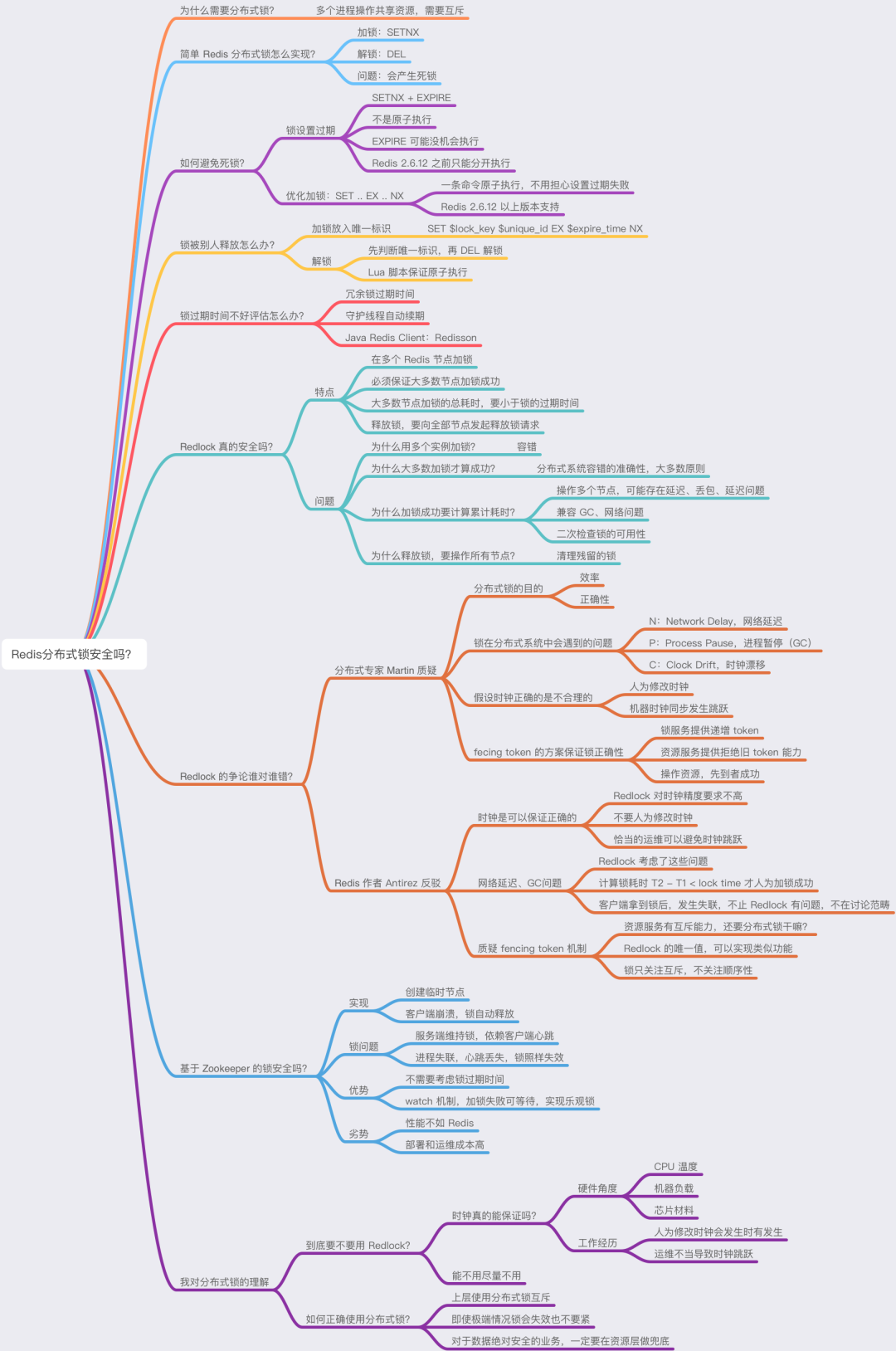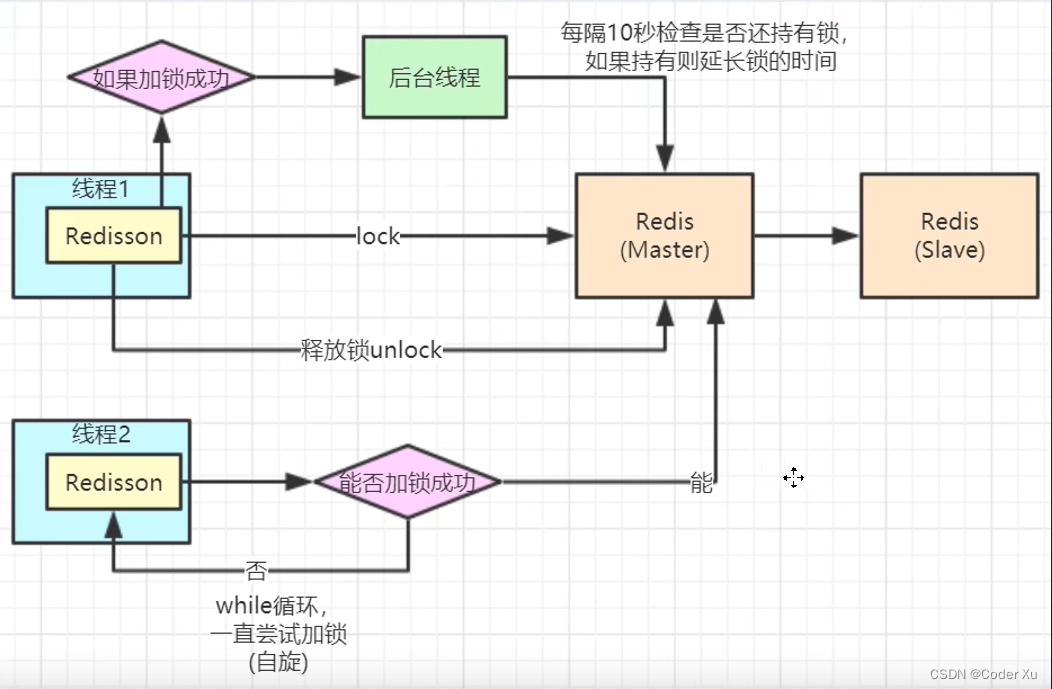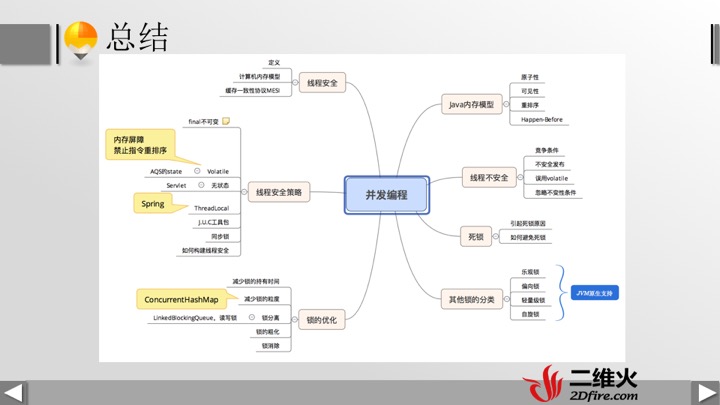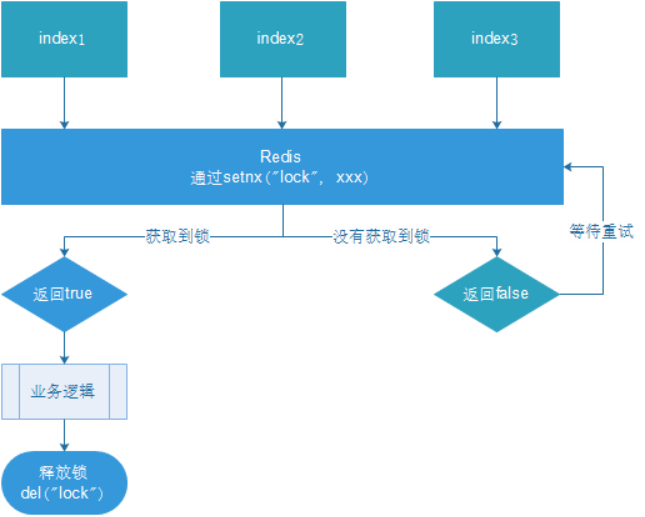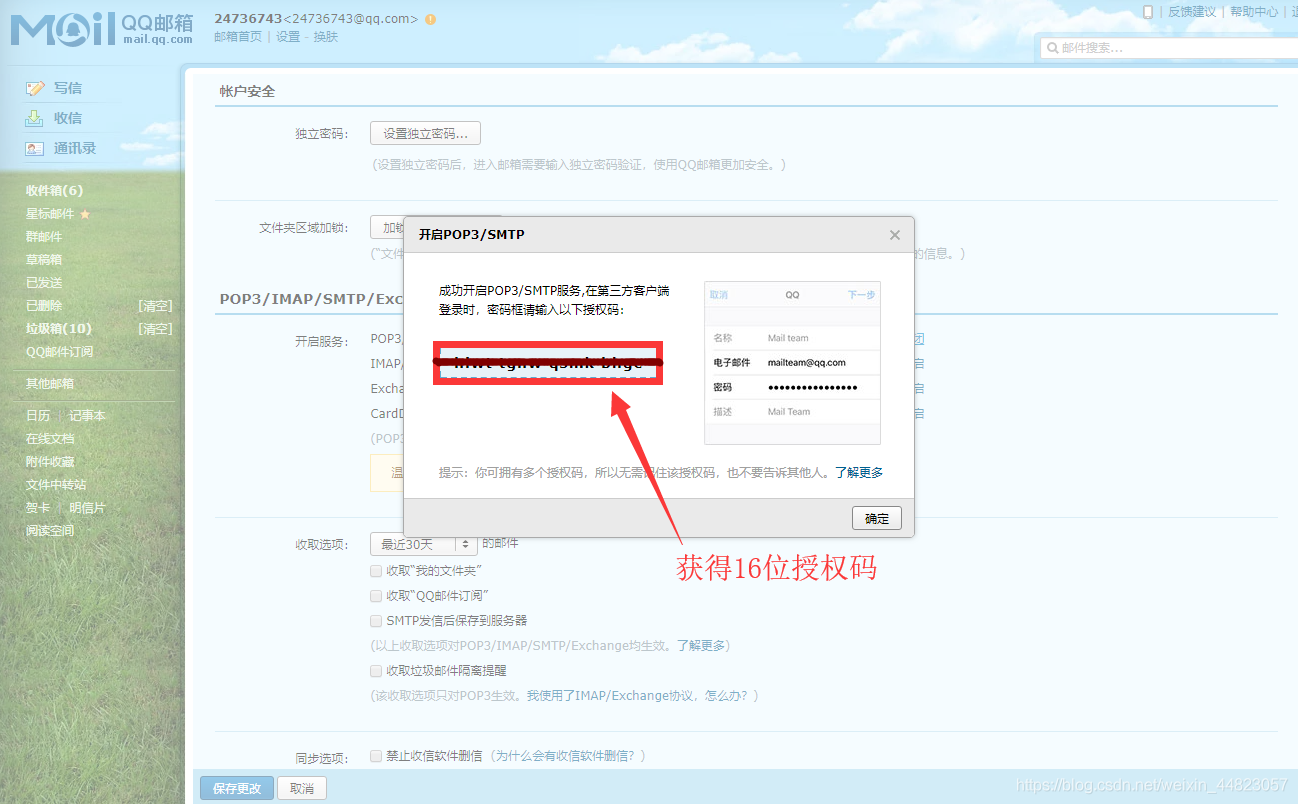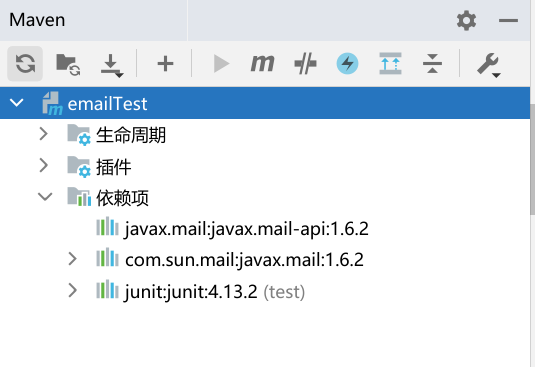此题需要使用到质因子分解的算法,可以参考以下链接:
https://blog.csdn.net/qq_42410605/article/details/100150140
题目描述:
Given any positive integer N,you are supposed to find all of prime factors,and write them in the format:N=p1^k1*p2^k2*#……*pm^km.
输入格式:
Each input file contains one test case which gives a positive integer N in the range of long int.
输出格式:
Factor N in the format N = p1^k1*p2^k2*#……*pm^km, where pi`s are prime factors of N in increasing order , and the exponent ki is the number of pi hence when there is only one pi , ki is 1 and must NOT be printed out.
输入样例:
97532468输出样例:
97532468=2^2*11*17*101*1291题意:
给出一个int范围的整数,按照从小到大的顺序输出其分解为质因数的乘法算式。
思路:
先把素数表打印出来,然后再进行质因子分解的操作。
注意点:
①题目说的是int范围内的正整数进行质因子分解,因此素数表大概开10^5大小就可以了。
②注意n=1需要特判输出"1=1",否则不会输出结果。
③初学者学习素数和质因子分解容易犯错的地方:
一是在main函数开头忘记调用Find_Prime0函数;
二是 Find_Prime()函数中把i<maxn误写成i≤maxn;
三是没有处理大于sqrt(n)部分的质因子;
四是在枚举质因子的过程中发生了死循环(死因各异);
五是没有在循环外定义变量来存储sqrt(n),而在循环条件中直接计算sqrt(n),这样当循环中使用n本身进行操作的话会导致答案错误。
④给几组可能会发生错误的数据。
程序代码:
#include<cstdio>
#include<cmath>
const int maxn = 100010;
bool is_prime(int n){ //判断n是否为素数if(n==1)return false;int sqr = (int)sqrt(1.0*n);for(int i=2;i<=sqr;i++) {if(n%i==0)return false;}return true;
}int prime[maxn],pNum = 0;
void Find_Prime(){ //求素数表 for(int i=1;i<maxn;i++) {if(is_prime(i)==true){prime[pNum++] = i;}}
}struct factor{int x,cnt; //x为质因子,cnt为其个数
}fac[10]; int main(){Find_Prime(); //请务必写上int n,num=0; //num为n的不同质因子的个数scanf("%d",&n);if(n==1)printf("1=1"); //特判 1 的情况else{printf("%d=",n);int sqr=(int)sqrt(1.0*n);//n的根号 //枚举根号n以内的质因子for(int i=0;i<pNum&&prime[i]<=sqr;i++) {if(n%prime[i]==0){ //如果prime[i]是n的因子 fac[num].x = prime[i]; //记录该因子 fac[num].cnt = 0; while(n%prime[i]==0) { //计算出质因子prime[i]的个数 fac[num].cnt++;n/=prime[i];}num++; //不同质因子个数加 1 }if(n==1)break; //及时退出循环,节省点时间 }if(n!=1) {fac[num].x = n; //那么一定有一个大于根号n的质因子fac[num++].cnt = 1; }//按格式输出for(int i=0;i<num;i++) {if(i>0)printf("*");printf("%d",fac[i].x);if(fac[i].cnt>1) {printf("^%d",fac[i].cnt);}}} return 0;
}运行结果:


